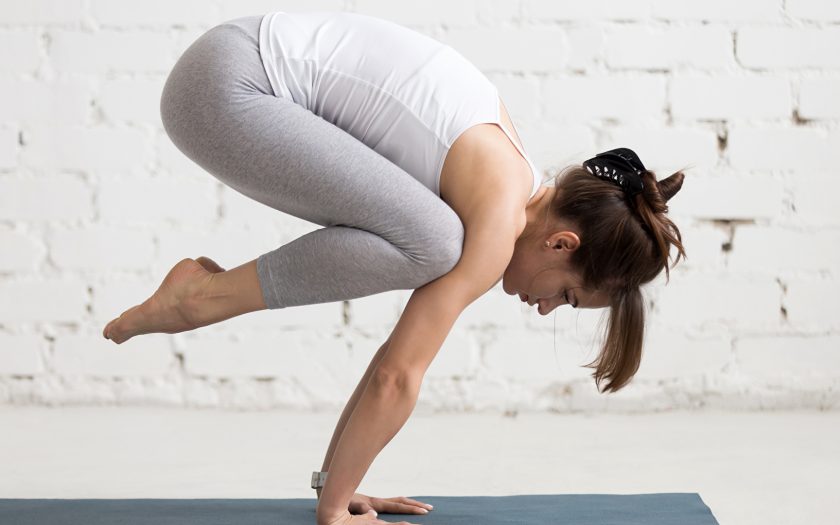Power Yoga.
Power Yoga is a type of Vinyasa Yoga characterized by a fast pace, where you smoothly transition from one asana to another while synchronizing movements with your breath. Power yoga focuses on developing endurance and helps manage the onset of depressive states through specific asanas. The sequence of asanas is usually varied and depends on the instructor’s creative approach.
Such classes are typically conducted in groups at various studios or in parks. Beginners are advised to attend introductory classes before practicing this type of yoga at home. If you have never practiced yoga before, it is better to start with Hatha Yoga, as it has a slower pace and introduces you to individual poses and proper technique in a calm setting.
Yin Yoga.
The path of yoga opens up the possibility for us to deepen our connection with ourselves and the world around us. We learn to feel the nature of our emotions and allow them to exist without judgment or resistance. Yin Yoga practice for beginners involves holding static asanas for extended periods and does not involve intense muscle work. In this type of yoga, all exercises affect the ligaments and tendons and are performed at a very slow and calm pace without prior body warming.
Yin Yoga asanas differ from those in Hatha Yoga and have their own names. Visually, they may appear similar, but in terms of sensations and execution, they have opposite goals. Yin Yoga does not require special conditions, so it can be easily practiced anywhere, including at home. However, an ideal option might be an initial introduction to Yin Yoga in a group class where an experienced instructor can explain the basics. Regular Yin Yoga practice has a calming effect and activates the parasympathetic nervous system.
Fly Yoga.
Practicing in special hammocks alleviates pressure from areas of chronic fatigue, develops spine flexibility and help relieves back pain. This type of practice is ideal for beginners and pregnant women. If you experience discomfort in your back, lower back and constant stress, a 40-minute session will not only help relieves pain but also boost your mood and help clear your mind of negative thoughts and problems. Yoga is a journey that lasts a lifetime continually revealing new horizons and opportunities.
Vinyasa Yoga.
Vinyasa Yoga is a complex, strengthening and invigorating practice. The rapid flow of asanas creates heat, which helps detoxify the body, improve cardiovascular health and accelerate metabolism. Constant focus on breathing during asanas strengthens the respiratory system, calms the mind and enhances concentration. Studies show that Vinyasa Yoga can also positively affect blood sugar and cholesterol levels. Vinyasa Yoga sessions include various asanas performed standing, sitting and lying on the back or stomach. It is advisable to wear high-quality, breathable sportswear that will not restrict your movements while performing the exercises.
Choose a type of yoga that suits you best; it is important that the practice brings you enjoyment and does not cause discomfort. Regular practice can help overcome stress and prevent the development of mental health disorders. However, if you have been experiencing prolonged fatigue, a depressed mood, anxiety and loss of interest in life, it may indicate the development of a depressive state. In such cases, it is necessary to consult a family doctor, who will determine the cause of your poor well-being. If depression is diagnosed and is of a mild form, a primary care physician may prescribe antidepressant treatment (for example, Aurorix, Arrow-Amitriptyline).

